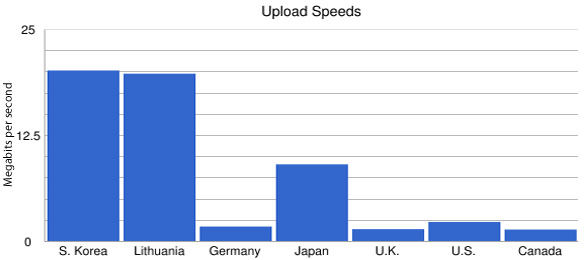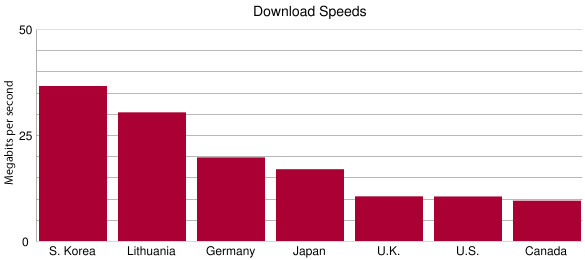Pornography is about to get its own domain suffix.
From here:
After a 10-year battle, Internet watchdog Icann has finally given in to the creation of an Internet domain dedicated to pornography.
The Internet Corporation for Assigned Names and Numbers, which governs the website naming system, yesterday approved the creation of a top level ‘.xxx’ domain, opening the way for a red-light district online for pornographic websites.
Icann gave initial approval last year, but carried out further consultation checks over the application.
It is now poised to sign an agreement with the ICM Registry, which is backing the domain, allowing .xxx the same level status as .com and .org.
Religious groups argue that giving adult websites their own corner of the Internet legitimises the content.
But pornographers aren’t happy either, and worry it will ghettoise their sites.
I’m in at least three minds about this:
First, I am in favour of free speech on the Internet and that includes saying and displaying things I disagree with.
Second, I think pornography is harmful; since we are well past the stage where it can be banned, ghettoising it might be the next best thing.
Third, pornography is only a symptom of Western decay; to focus energy on its evils is to treat the symptom, not the disease. The West needs more radical medicine.
I think I’ll settle on number three, garnished with number 2.





